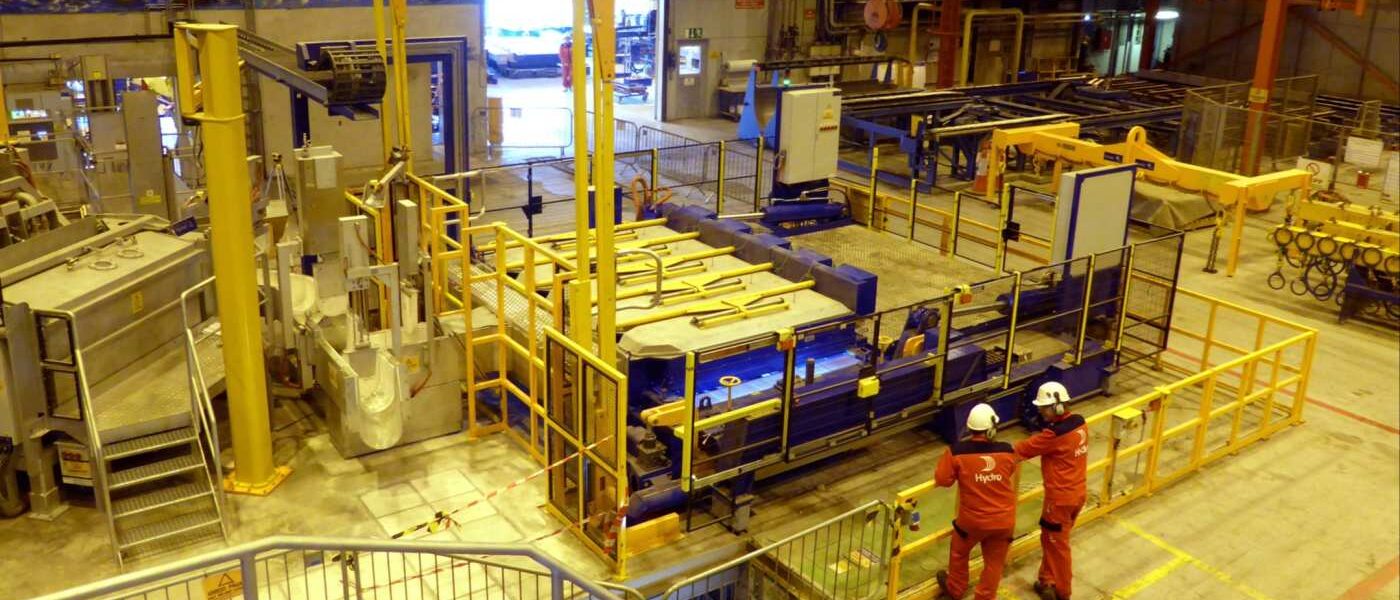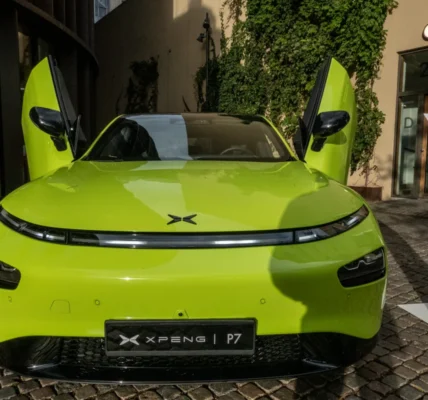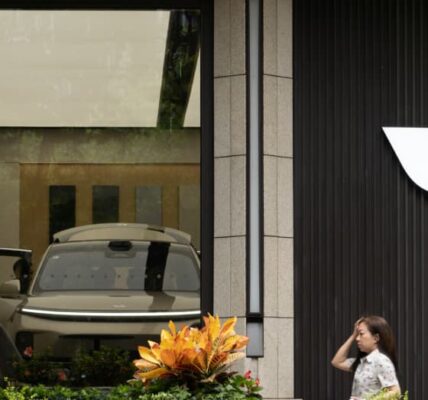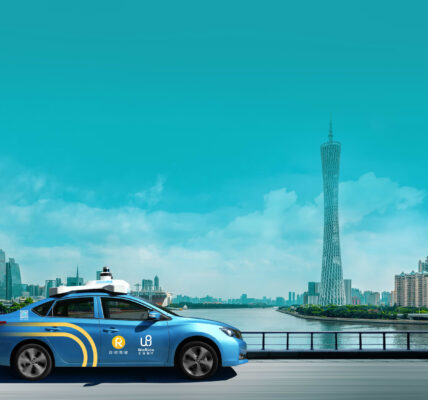A major European aluminium producer has warned that the increasing numbers of imported electric cars from China could have a big impact on regional demand.
Hilde Merete Aasheim, chief executive of Norsk Hydro, said the company was paying attention to this risk. “The fear when it comes to [electric vehicles] is imports into Europe and the impact on European car manufacturers. There is quite a steep curve right now,” she told the Financial Times in an interview.
“That is a threat that we are following: if European automakers start reducing their demand [for aluminium] because they are outcompeted,” she said.
Her comments highlight the ripple effects from growing Chinese EV imports for businesses in Europe from the car supply chain including raw material producers.
Aluminium is used in electric cars for battery pack casings and other components to help cut weight and offset the heavy battery, allowing EVs to travel further on a single charge.
The average EV produced in Europe in 2022 contained 283kg of aluminium, compared with 169kg for combustion engines, according to a study commissioned by European Aluminium, a trade body.
In September, the EU announced plans for an anti-subsidy probe of Chinese EVs that it said was “distorting” the European market and “flooding” global markets.
China is building battery plants far beyond levels needed to meet domestic demand, backed by regional subsidies and lending, and manufacturers are seeking to channel the excess supply into overseas markets.
European carmakers are responding to the threat in different ways. This week Stellantis, which owns brands including Peugeot and Jeep, said it would invest €1.5bn in a 20 per cent stake in Chinese EV start-up Leapmotor, in an attempt to profit from the influx of cheaper China-made EVs into Europe.
In the first seven months of 2023, China exported $13.1bn of EVs to Europe, compared with $15.4bn in the whole of the previous year, according to Chinese customs data. However, the majority of the vehicles are China-made versions of western brands such as Tesla.
The worries about aluminium demand in Europe come after the sector was hit by surging energy prices following Russia’s invasion of Ukraine last year, which forced smelters including Hydro’s Slovalco smelter in Slovakia to close. The industry also faces uncertainty over whether China, the biggest aluminium producer in the world, will maintain a 45mn tonne annual production cap.
Hydro’s adjusted earnings before interest, tax, depreciation and amortisation fell short of analyst expectations on Tuesday, falling 60 per cent to NKr3.90bn ($350mn) in the third quarter compared with the same period last year because of weaker global economic activity.






